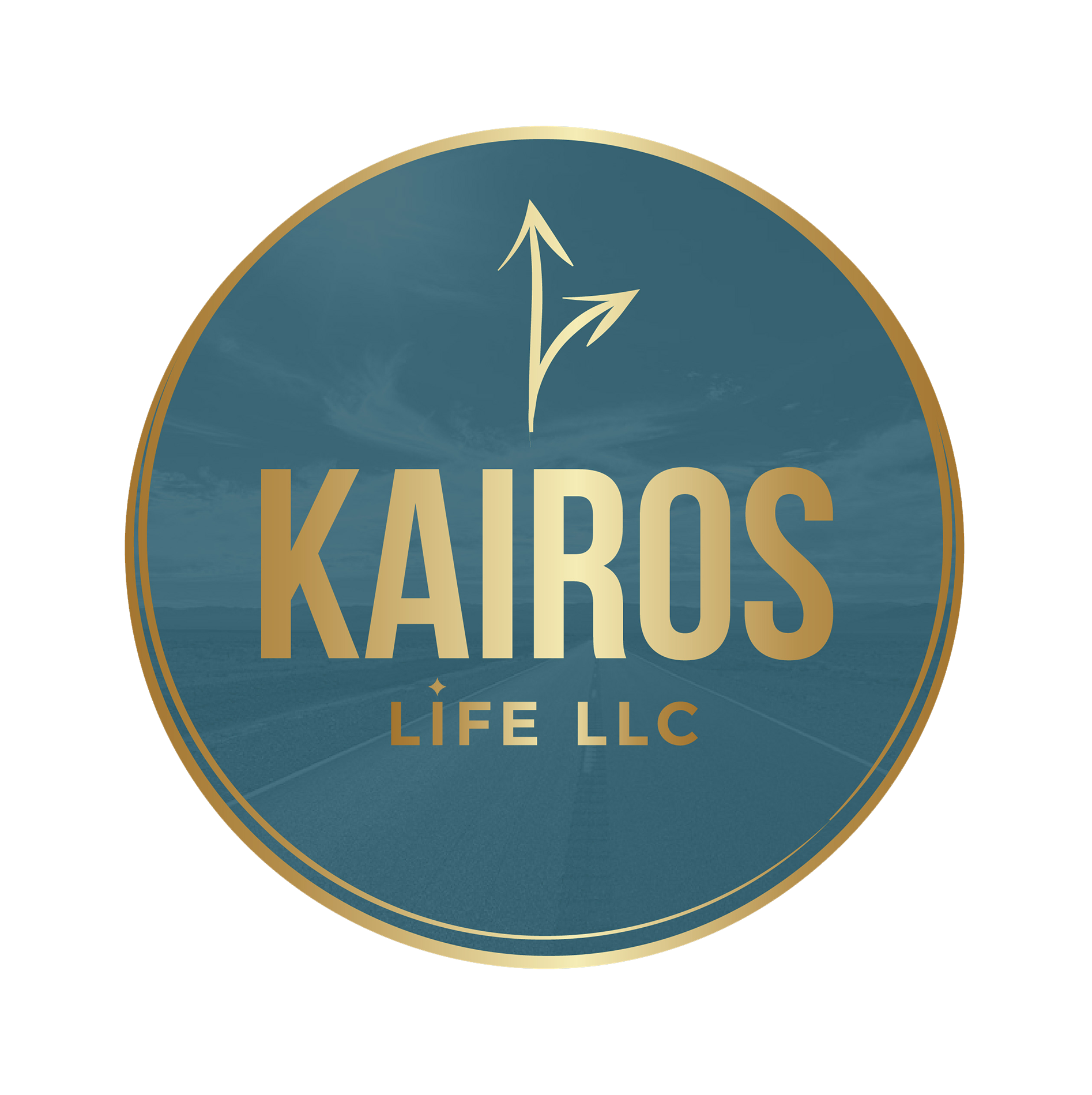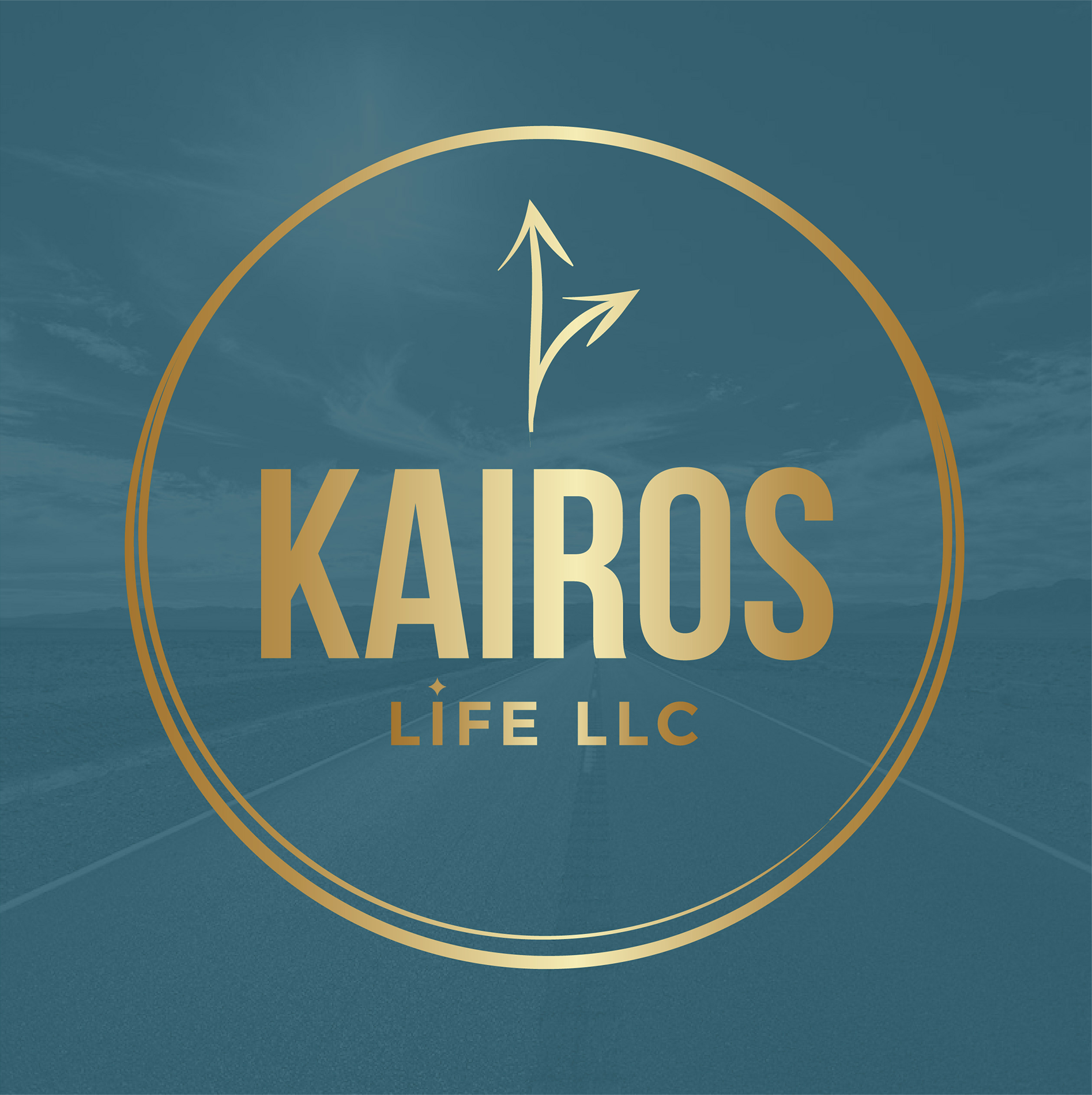It’s time. This is your Kairos…
What Are Effective Communication Skills I Can Learn from a Counselor

What Are Effective Communication Skills I Can Learn from a Counselor?
Effective communication is a foundation of healthy relationships, successful careers, and personal growth. Counselors, with their training and experience, are experts in communication. They employ a range of skills to connect with clients, understand their needs, and facilitate positive change. Here are some effective communication skills that we can learn from counselors, whether you are seeking advice from a relationship counselor for singles or a parent counselor.
Active Listening
Active listening is more than just hearing words; it’s about fully engaging with the speaker, understanding their message, and responding thoughtfully. Counselors excel at this by using techniques such as maintaining eye contact, nodding, and using verbal affirmations like “I see” or “That makes sense.” By practicing active listening, we can show others that we value their thoughts and feelings, which helps build trust and rapport.
Empathy
Empathy involves putting yourself in someone else’s shoes and understanding their emotions and perspectives. Counselors use empathy to connect with clients on a deeper level. They listen without judgment and validate their clients’ feelings. Whether you’re learning from a relationship counselor for singles or a parent counselor, incorporating empathy into our communication helps us better support and relate to others, creating more meaningful and compassionate interactions.
Open-Ended Questions
Counselors often use open-ended questions to encourage clients to express themselves more fully. These questions cannot be answered with a simple “yes” or “no,” but require more elaborate responses. For example, instead of asking, “Did you have a good day?” a counselor might ask, “What was the highlight of your day?” This technique helps to foster deeper conversations and provides more insight into the other person’s thoughts and feelings.
Reflective Responses
Reflective responses involve paraphrasing or summarizing what the other person has said to demonstrate understanding and encourage further dialogue. For instance, if someone says, “I’m feeling overwhelmed with work,” a reflective response could be, “It sounds like your workload is really heavy right now.” This shows that you are listening and provides an opportunity for the speaker to elaborate or clarify.
Nonverbal Communication
Nonverbal cues, such as body language, facial expressions, and tone of voice, play a significant role in communication. Counselors are adept at reading these cues and using their own nonverbal signals to convey empathy and understanding. By being mindful of our nonverbal communication, we can enhance our ability to connect with others and convey our messages more effectively.
Setting Boundaries
Counselors are skilled at setting and maintaining healthy boundaries in their interactions. This involves being clear about what is acceptable and what is not, and respecting the boundaries of others. Learning to set boundaries can help us protect our well-being and maintain respectful and healthy relationships.
Effective communication is an invaluable skill that can be honed with practice and intention. By adopting these techniques from counselors—active listening, empathy, open-ended questions, reflective responses, nonverbal communication, and setting boundaries—we can enhance our interactions and build stronger, more meaningful relationships in all areas of our lives. Whether you’re learning from a relationship counselor for singles or a parent counselor, these skills will serve you well in all your personal and professional relationships.

